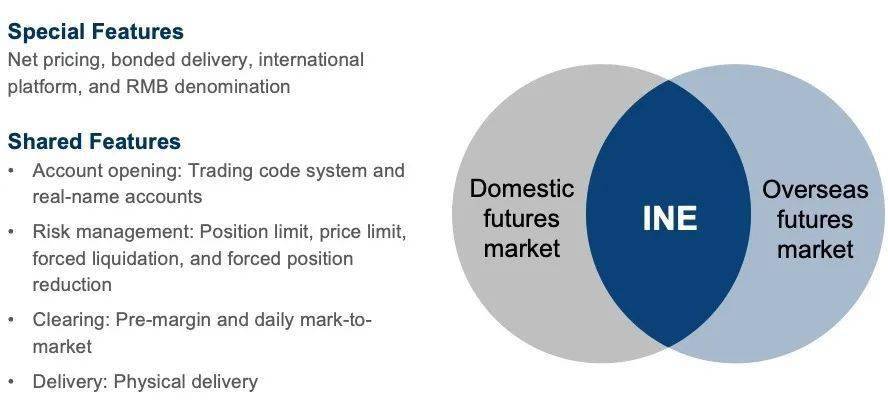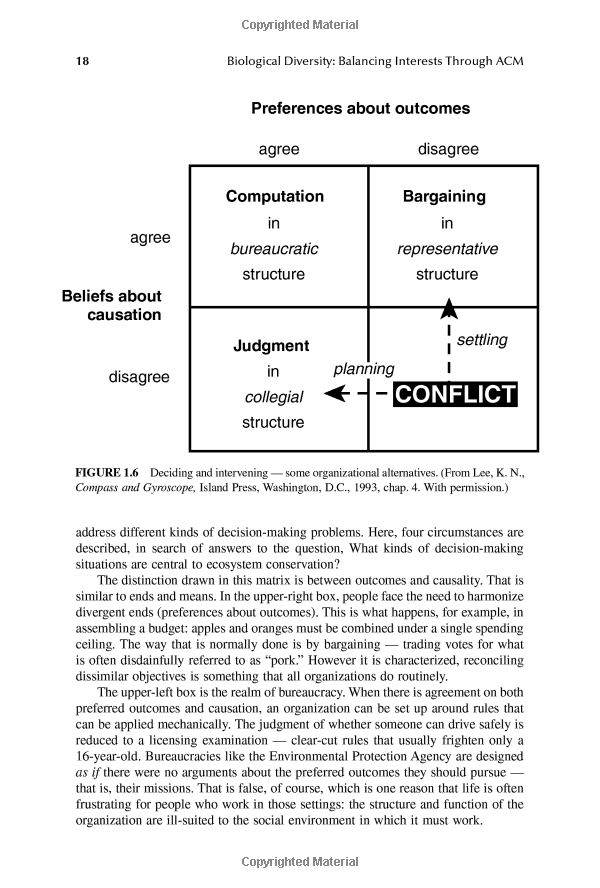Understanding the Differences: Personal Loan vs Debt Consolidation Loan
#### Personal Loan vs Debt Consolidation LoanWhen it comes to managing your finances, understanding the distinctions between a personal loan and a debt cons……
#### Personal Loan vs Debt Consolidation Loan
When it comes to managing your finances, understanding the distinctions between a personal loan and a debt consolidation loan is crucial. Both financial products can be beneficial depending on your specific needs, but they serve different purposes and come with their own sets of advantages and disadvantages.
A personal loan is a type of unsecured loan that you can use for various purposes, such as home improvements, medical expenses, or even vacations. The amount you can borrow typically ranges from a few thousand to tens of thousands of dollars, and the repayment terms can vary from one to seven years. Personal loans usually come with fixed interest rates, which means your monthly payments remain consistent throughout the loan term. This predictability makes personal loans an attractive option for those who want to budget effectively.
On the other hand, a debt consolidation loan is specifically designed to help individuals manage and pay off existing debts. By taking out a debt consolidation loan, you can combine multiple debts—such as credit card balances, medical bills, or other personal loans—into a single loan with one monthly payment. This can simplify your finances and potentially lower your overall interest rate, especially if you qualify for a lower rate than what you are currently paying on your individual debts. Debt consolidation loans can be secured or unsecured, and their terms can vary widely based on your creditworthiness and the lender's policies.

#### Key Differences
One of the primary differences between a personal loan and a debt consolidation loan lies in their intended use. While personal loans can be used for almost any purpose, debt consolidation loans are specifically aimed at helping borrowers manage their existing debts. This distinction is essential for consumers who are considering their options for borrowing.
Another significant difference is the potential interest rates. Personal loans often have higher interest rates compared to debt consolidation loans, especially if you have good credit. However, if you are consolidating high-interest debts, the overall cost of borrowing might be lower with a debt consolidation loan. This could lead to savings in interest payments over time.

#### Considerations
When deciding between a personal loan and a debt consolidation loan, it’s essential to consider your financial situation and goals. If you are looking to finance a specific project or need funds for an emergency, a personal loan may be the better option. However, if your primary goal is to get out of debt and simplify your financial obligations, a debt consolidation loan might be more suitable.
Additionally, you should assess your credit score and financial health. Lenders typically offer better terms to borrowers with higher credit scores. If your credit score is low, you may face challenges in securing a favorable interest rate for either type of loan.

#### Conclusion
In summary, both personal loans and debt consolidation loans can be valuable tools for managing your finances, but they serve different purposes. Understanding the key differences, potential benefits, and drawbacks of each option will help you make an informed decision that aligns with your financial goals. Always consider consulting with a financial advisor before making significant borrowing decisions to ensure you choose the best path for your unique situation.